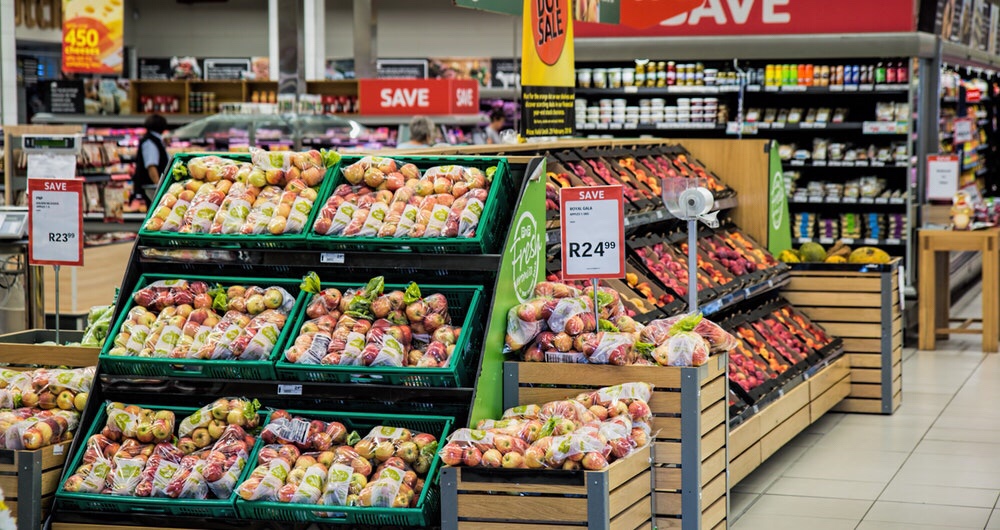Distribution Channels
- For any manufacturing organization, the success of its product in the marketplace depends on how well it is made available to its final consumers. Distribution channels play a very important role in this activity.
- The channel partners are also called intermediaries, because of the role they play to bring the company closer to its customers.
- The company must establish strong distribution channel to make the products or services available to its customers and to forge stronger relationships with them.
- The distribution channel increases cost to the company, but it also plays a huge and important role in making the company’s products available in the areas where they can be bought by the customers very fast.
- In the absence of an appropriate distribution channel, all the promotion efforts (e.g. advertising, telemarketing etc.) will fail, because the demand generated by such efforts will not be fulfilled if our products are not made available in the market.
- In case of services also, the distribution channel networks play a very crucial part. (E.g. telecom, insurance, mutual funds etc.)
- To build strong relationships with its customers, the company must also pay attention to build equally stronger relationship with its channel partners. A weak channel can’t build or support a strong customer base.
- These channel partners help the company in the execution of many marketing initiatives locally.
- Along with supporting the company with enhanced customers contact and service, distribution channel also can provide very valuable market information about the trends in the industry, consumer preferences and competition activities. This information can be very useful to the company in shaping its own marketing strategy and tactics.
- If a company sells through its distribution channel, the company’s sales organization must be aligned to support the channel.
- These distributors or dealers may be exclusive channel partners of our products or they may be distributing other competitors’ products as well. Both require different type of handling.
The Distribution Channel Structure
- The distribution channel determines how the products reach the end consumer from the manufacturer.
- The channel structure can have various levels.
- C & F Agents, Super-Stockists, Stockists, Distributors, Wholesalers, Dealers, Retailers etc. are various types of channel partners, with each having different ways of working and scope of activities.
- The structure of distribution channel depends upon the nature of the product, industry practices and priorities of the company.
- Some companies have Franchisees as channel partners, which are generally exclusive outlets of the company.
- Different companies choose different combinations of these channel partners as per their requirement.
- The geographic focus strategy of a company can guide it to develop its channel network spread across continents or countries divided on the basis of smaller geographic regions, states, districts etc.
- The distribution channel structure may be altered depending upon the market dynamics.
- In today’s changing times, it becomes necessary for a manufacturer to have more than one channel structures working parallel to each other. E.g. a company may be selling through its traditional distributor – dealer network on the one part and on the other end, it may also be selling directly to the organized retail customers, who buy in bulk for requirements at their hundreds of retail outlets spread across a geography.
- Answering the following will help in setting up a robust channel partner structure:
-
- How many layers will our distribution channel have?
- Who will bill whom within the channel partner network?
- Who will buy from the company first and how the product will be routed till it reaches the final customer?
- What will be the territory/area covered by each of the channel participant?
- What will be the discount structure to all?
- Which costs will be fully or partly reimbursed by the company? (E.g. rent, manpower, storage, inventory, marketing activities etc.)
- What support will each of the channel partners get from the company?
- What will be the responsibilities of a channel partner? What a channel partner should do or should not do?
- What are the criteria for selecting a channel partner? (g. Turnover? Infrastructure? Manpower strength? Geographic area covered? Experience? Exclusivity? Technical knowledge? Market reputation?)
- Will they be our exclusive channel partners or not? If not, what are the guidelines for selling competition products?
- How will the conflicts among the channel partners be resolved?
(Expert advice to GROW your business wherever you are, whenever you want.
SMEBusinessGuide.com… https://goo.gl/E3pfoQ)
WHAT YOU CAN READ NEXT
NEXT POST:

Distribution Channel Management
PREVIOUS POST:

How to train your sales team?





